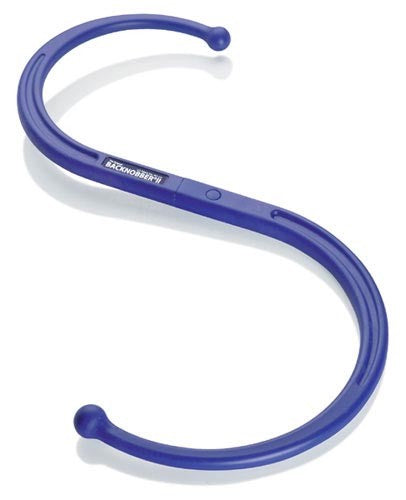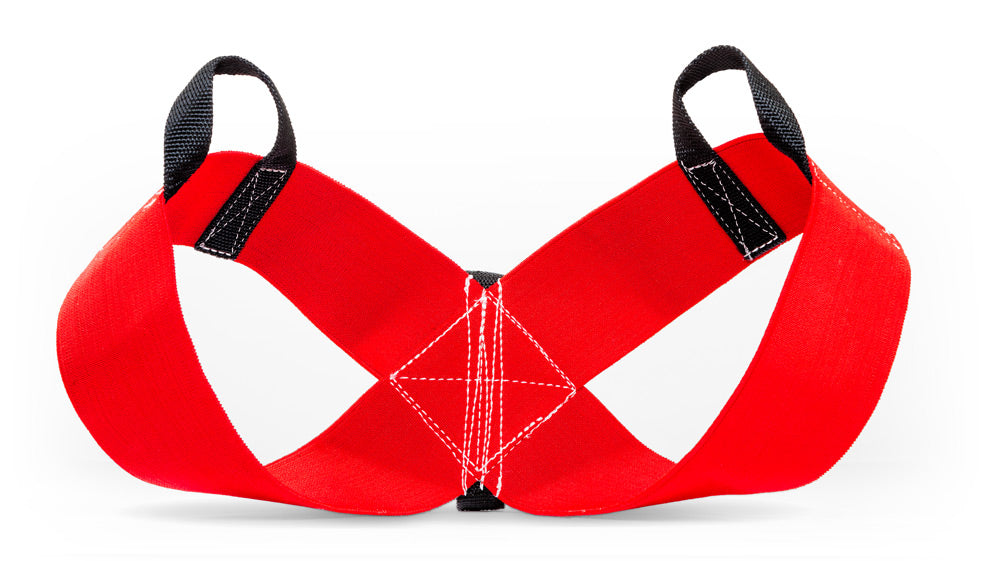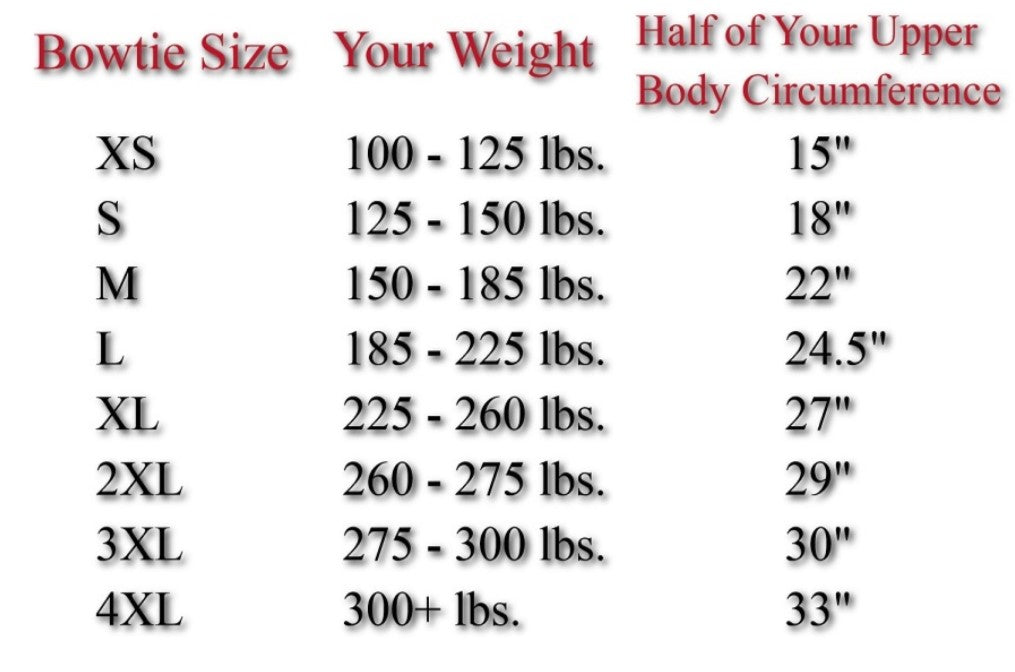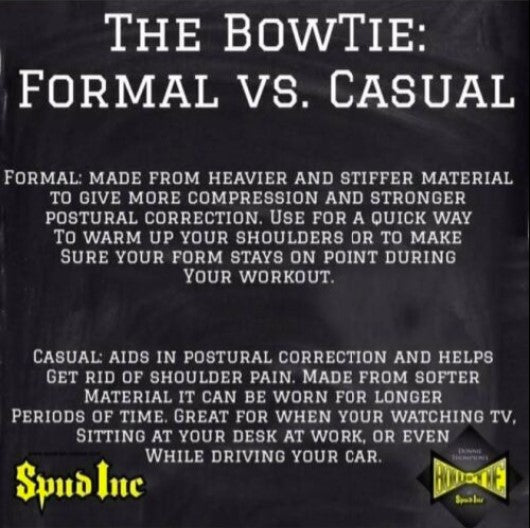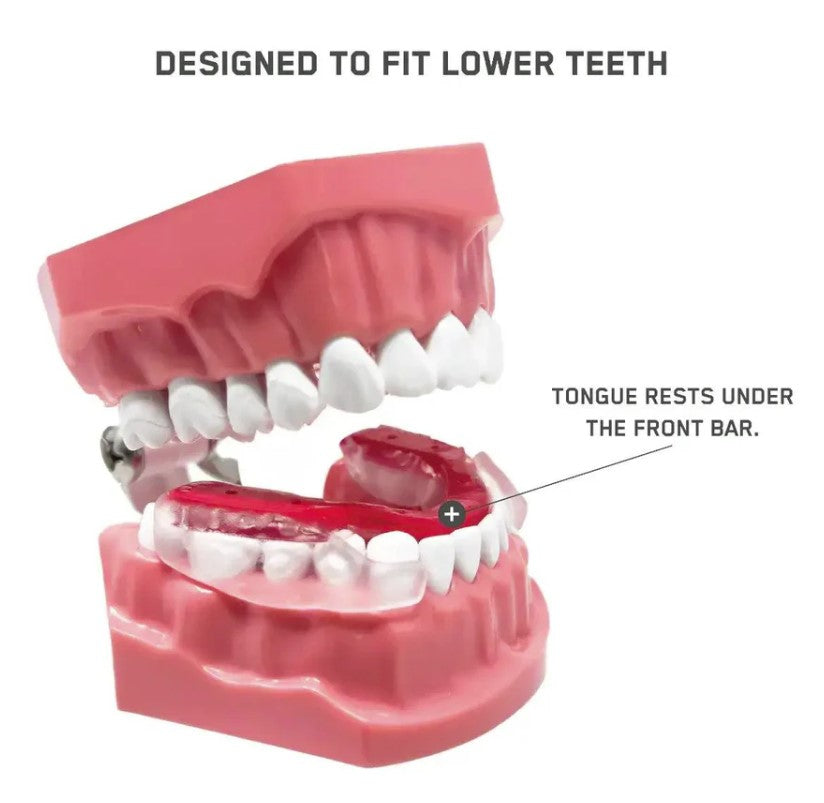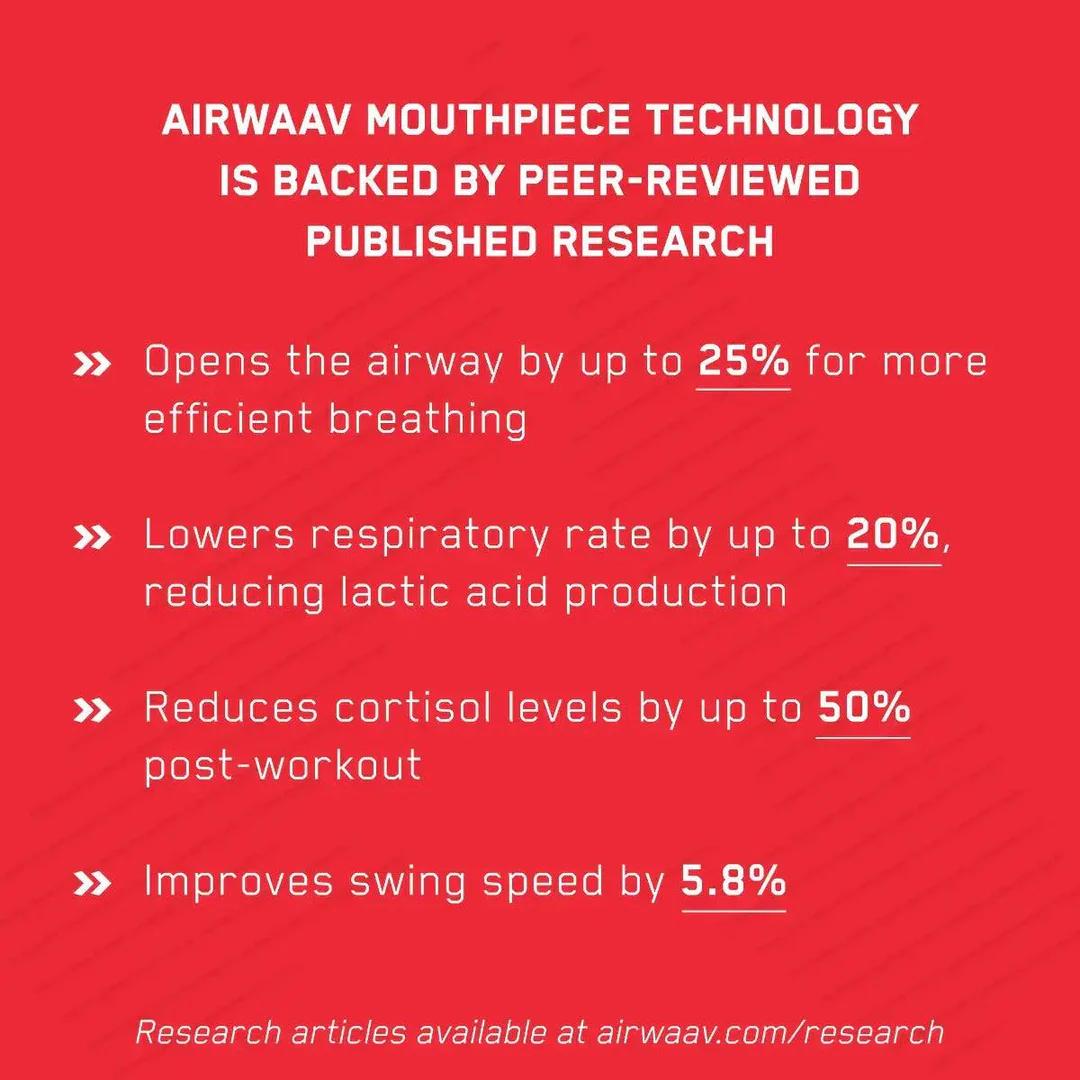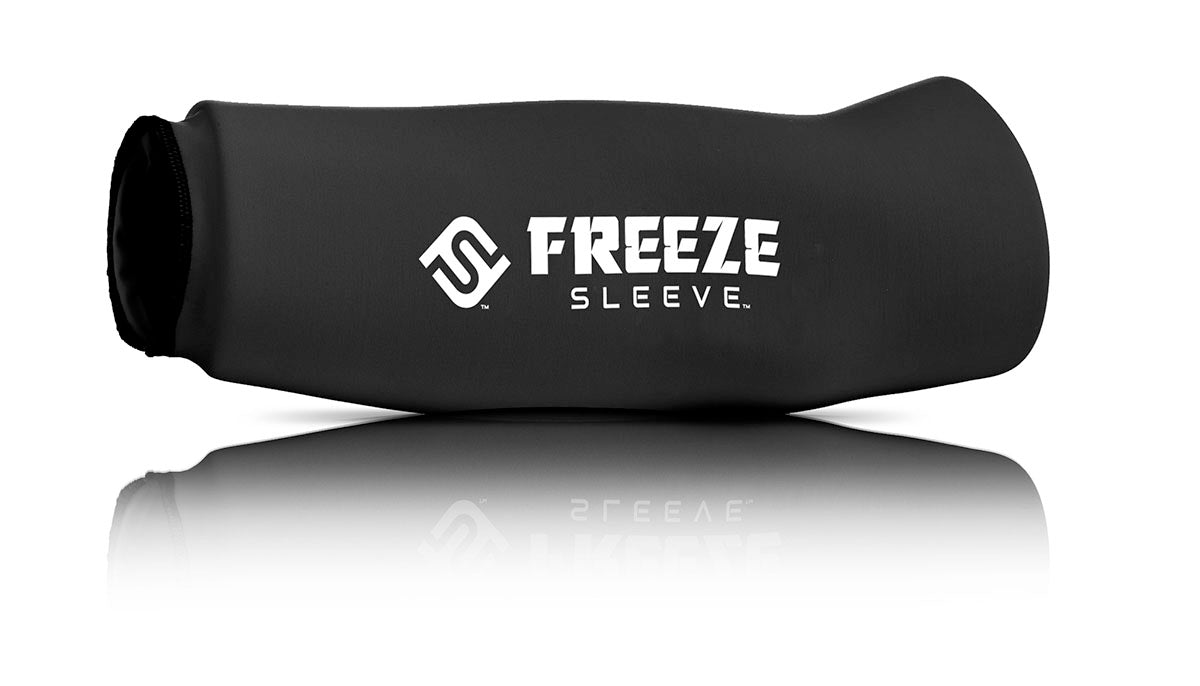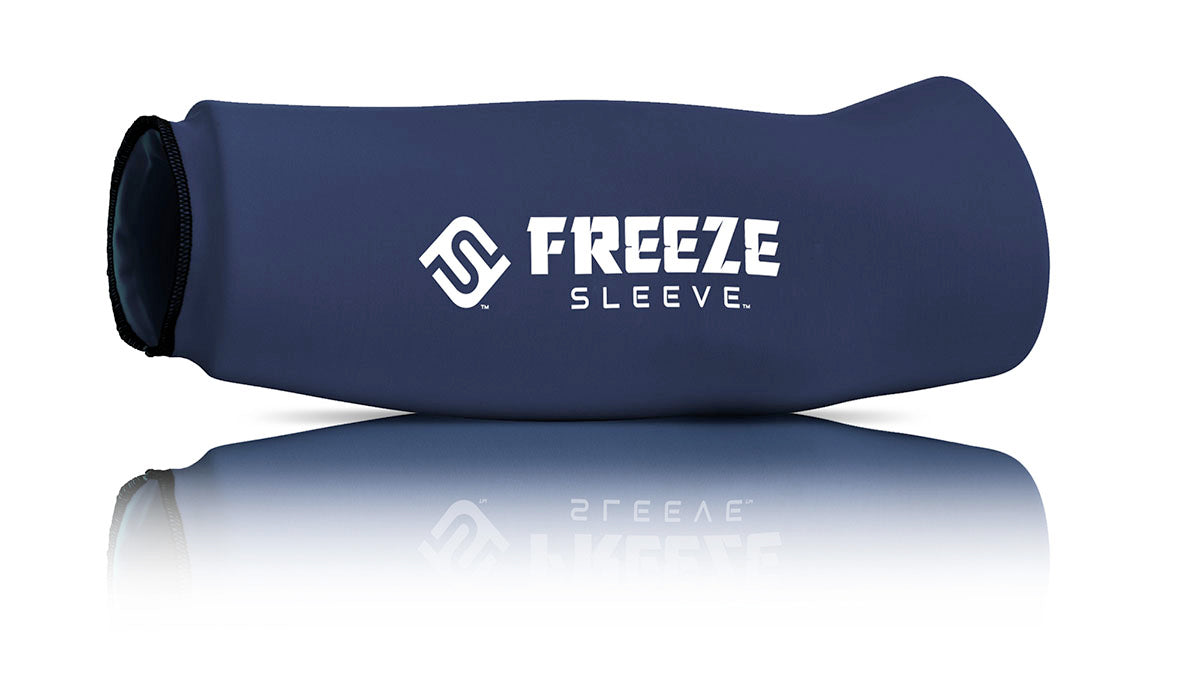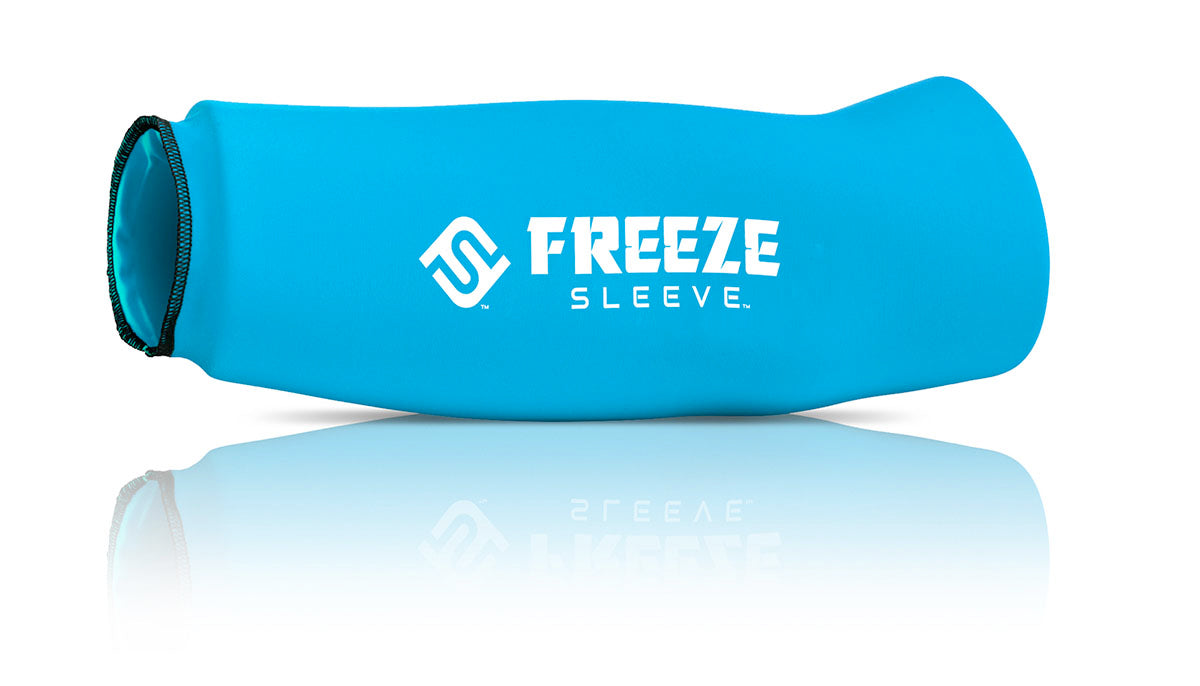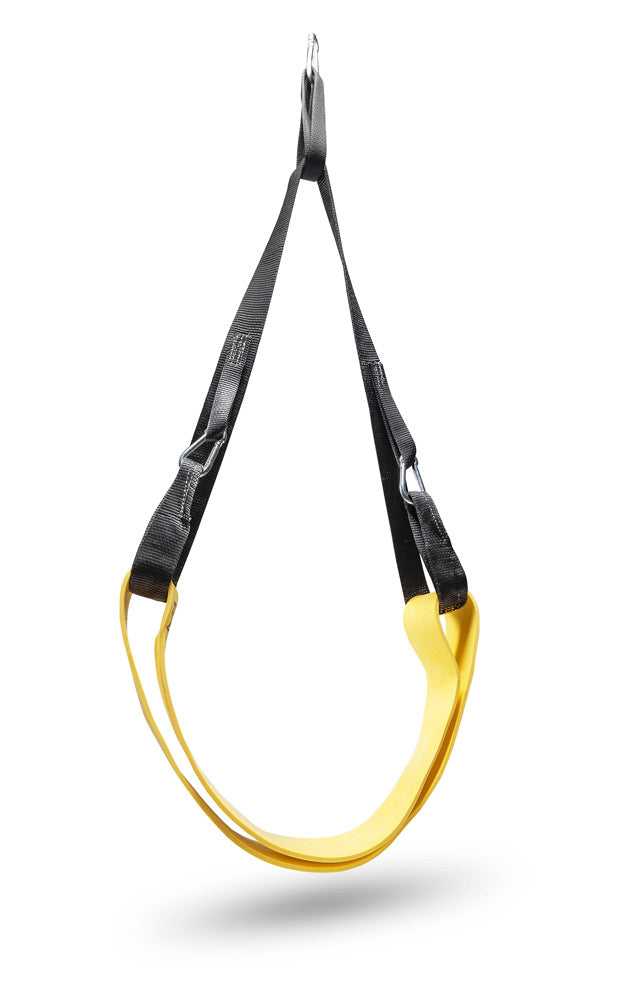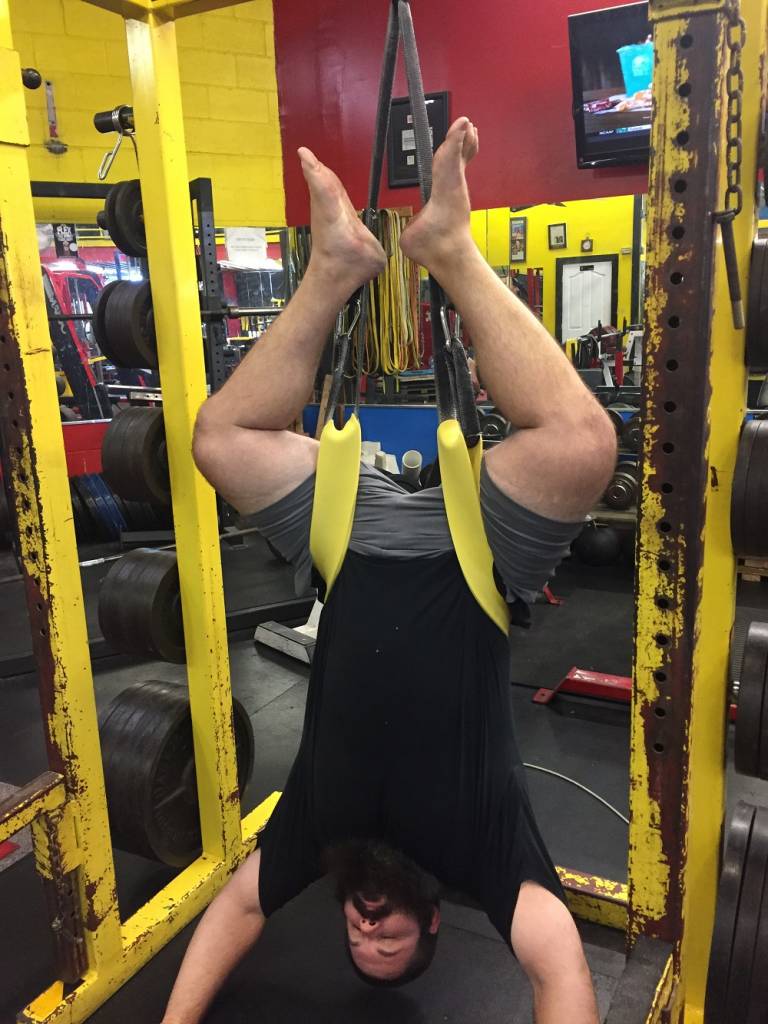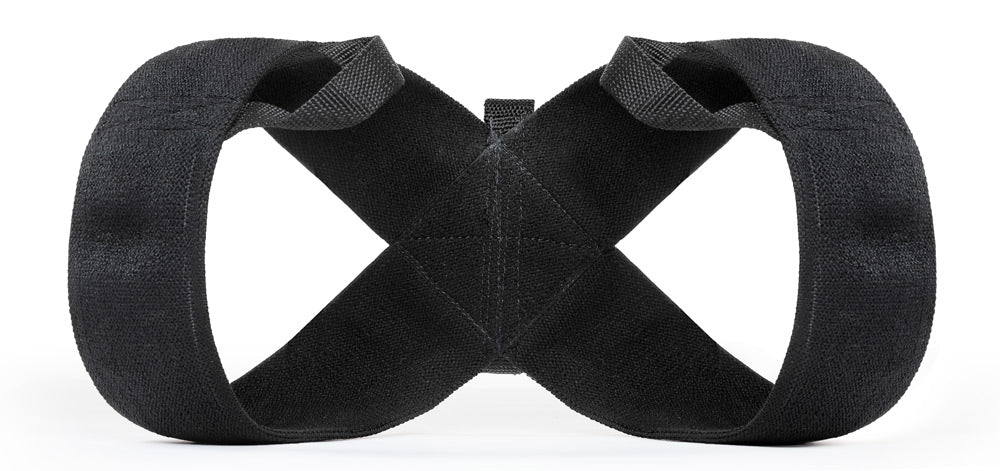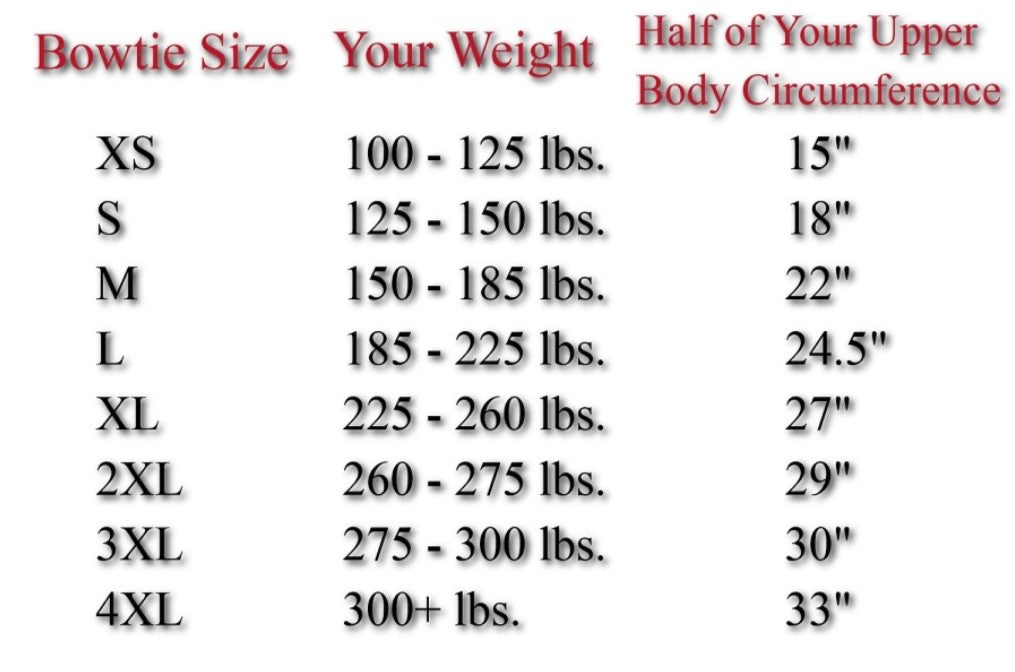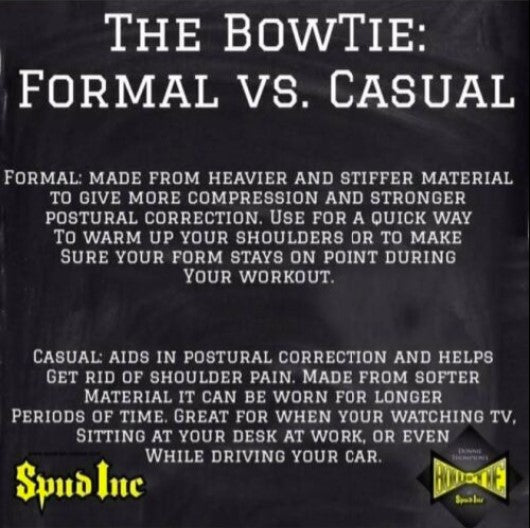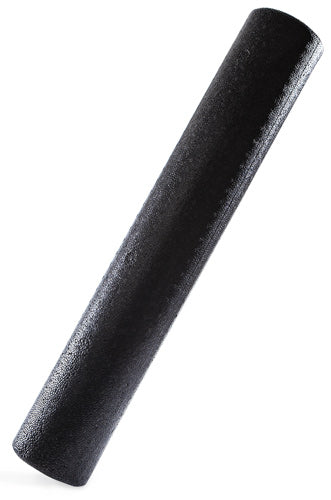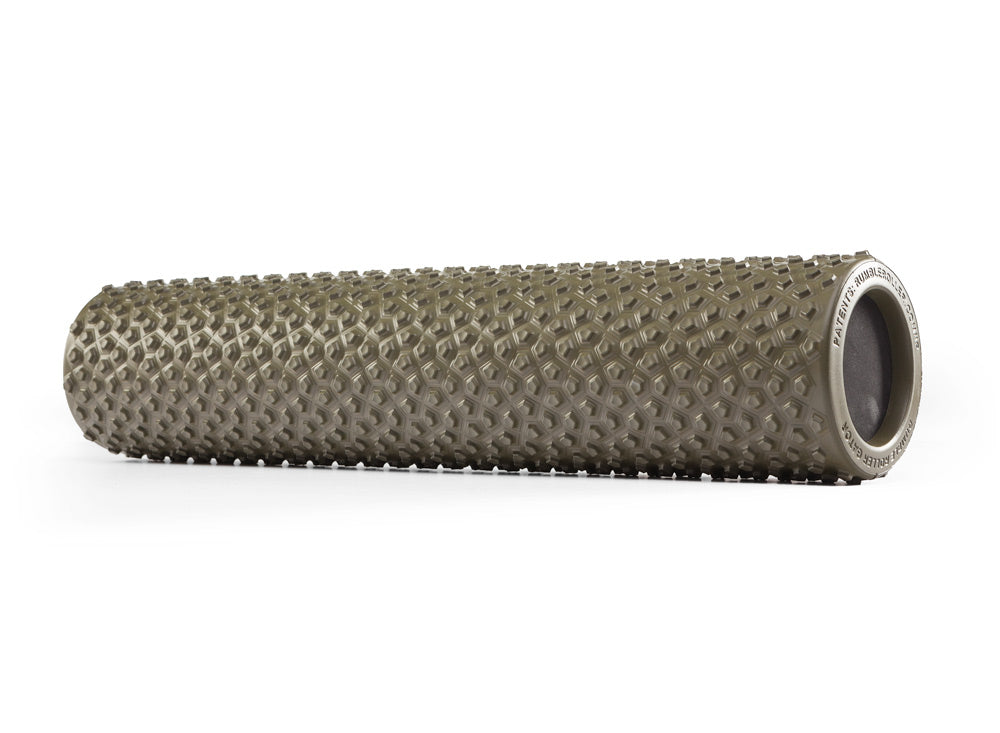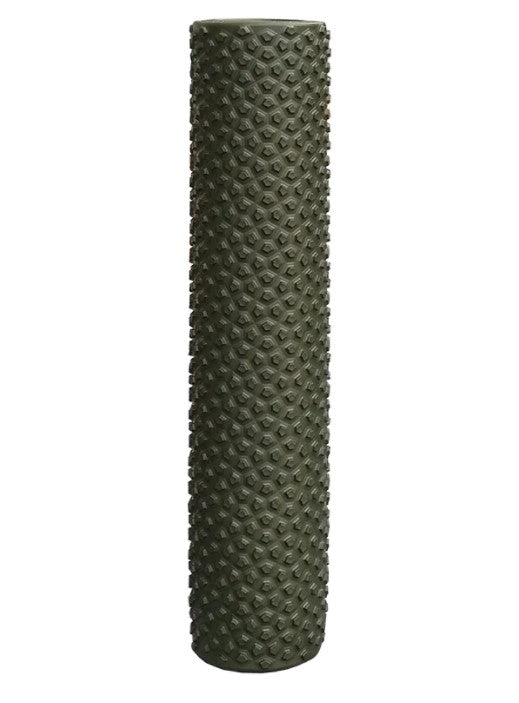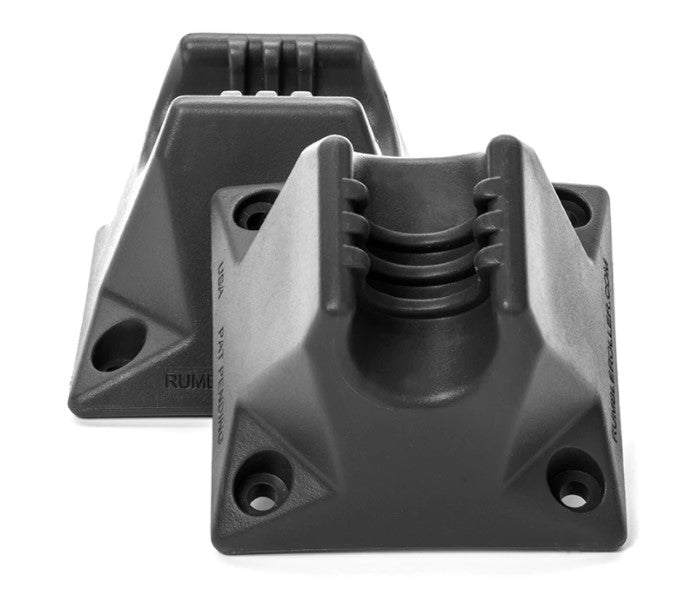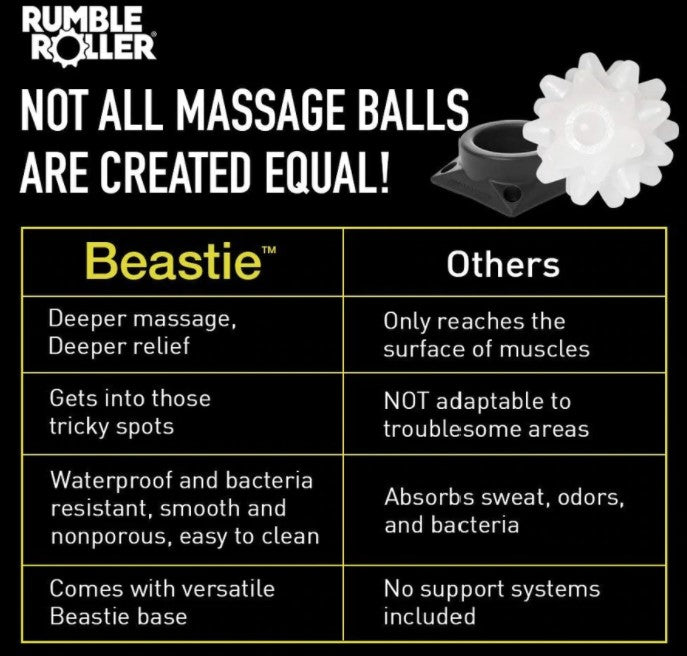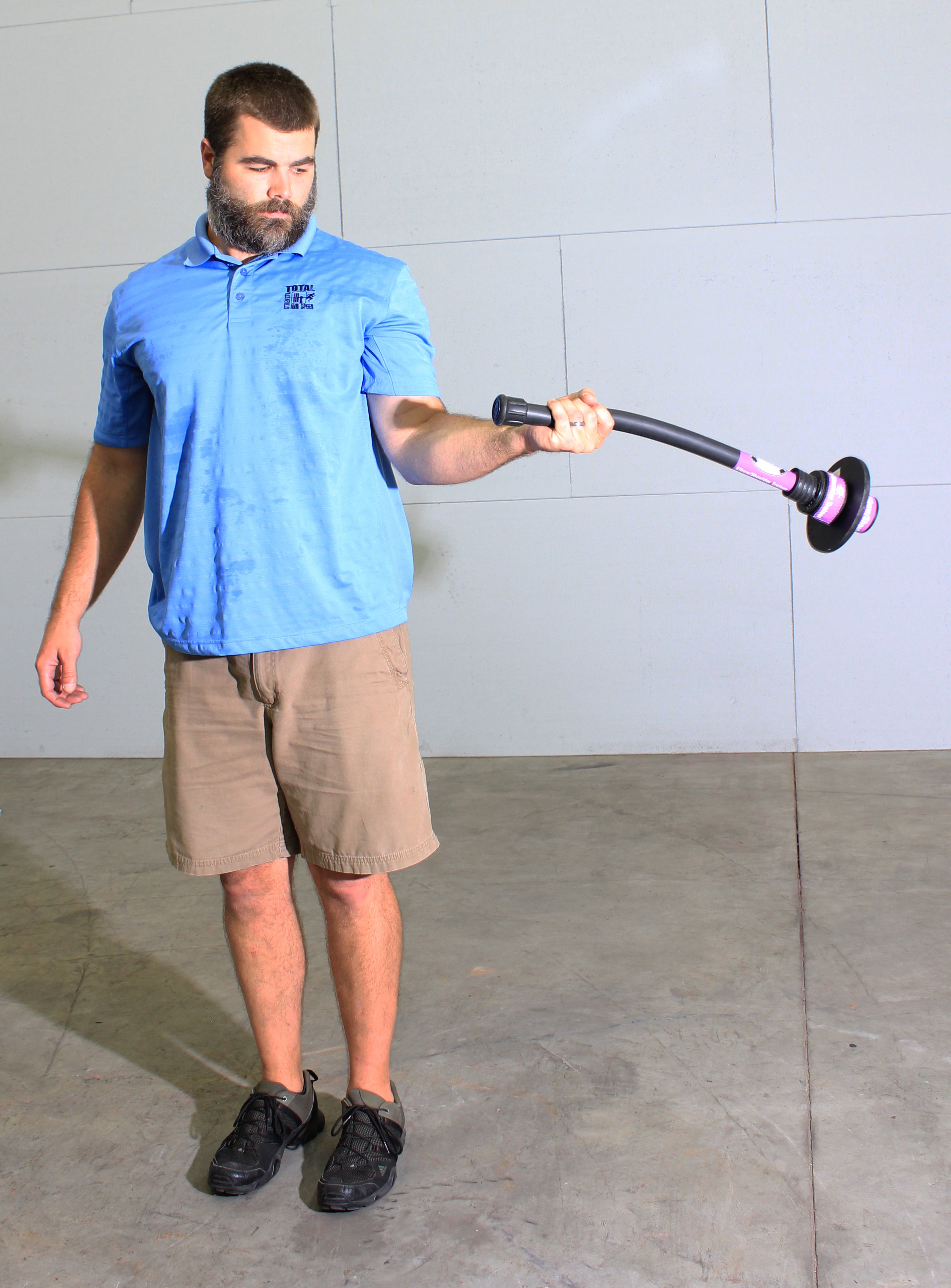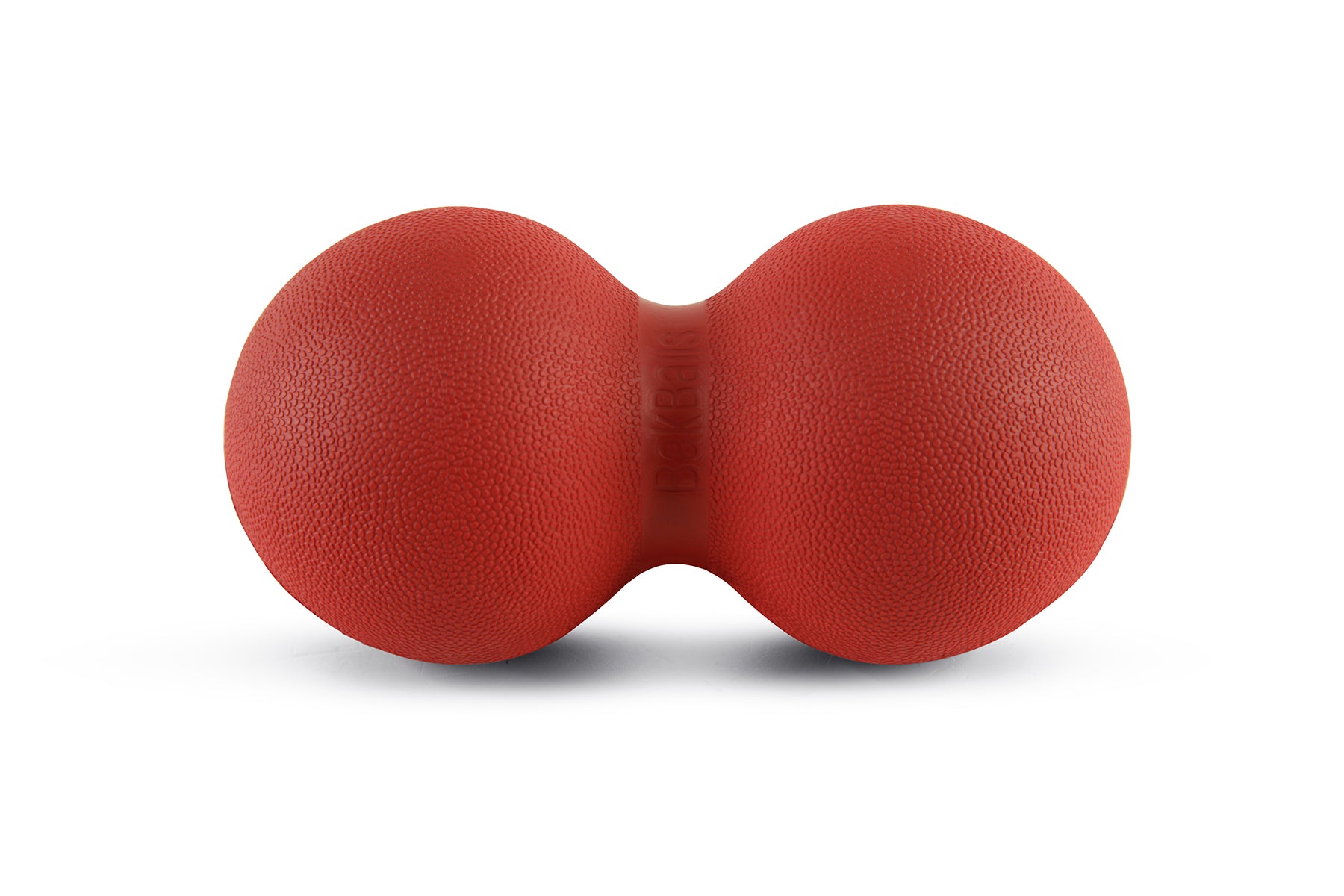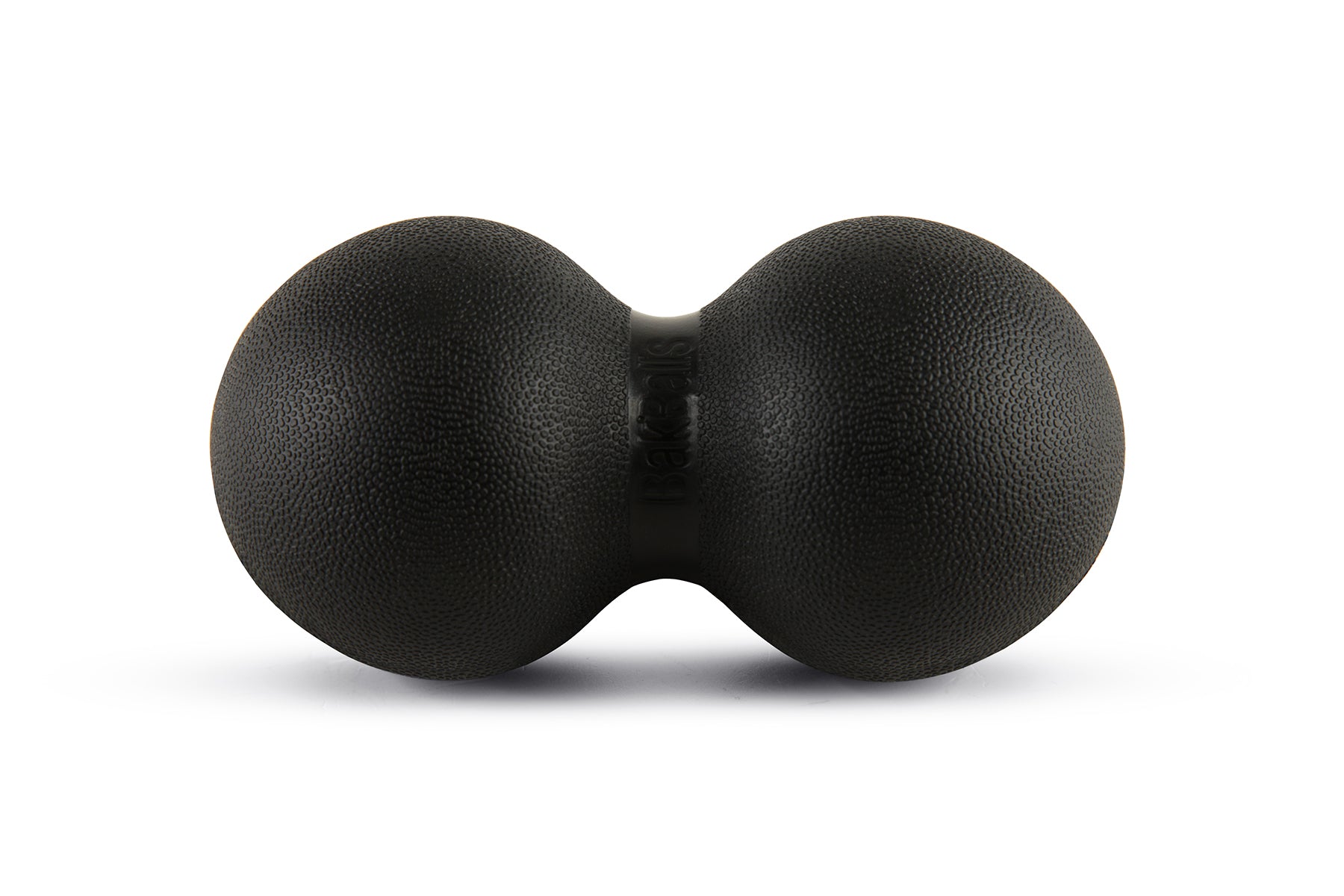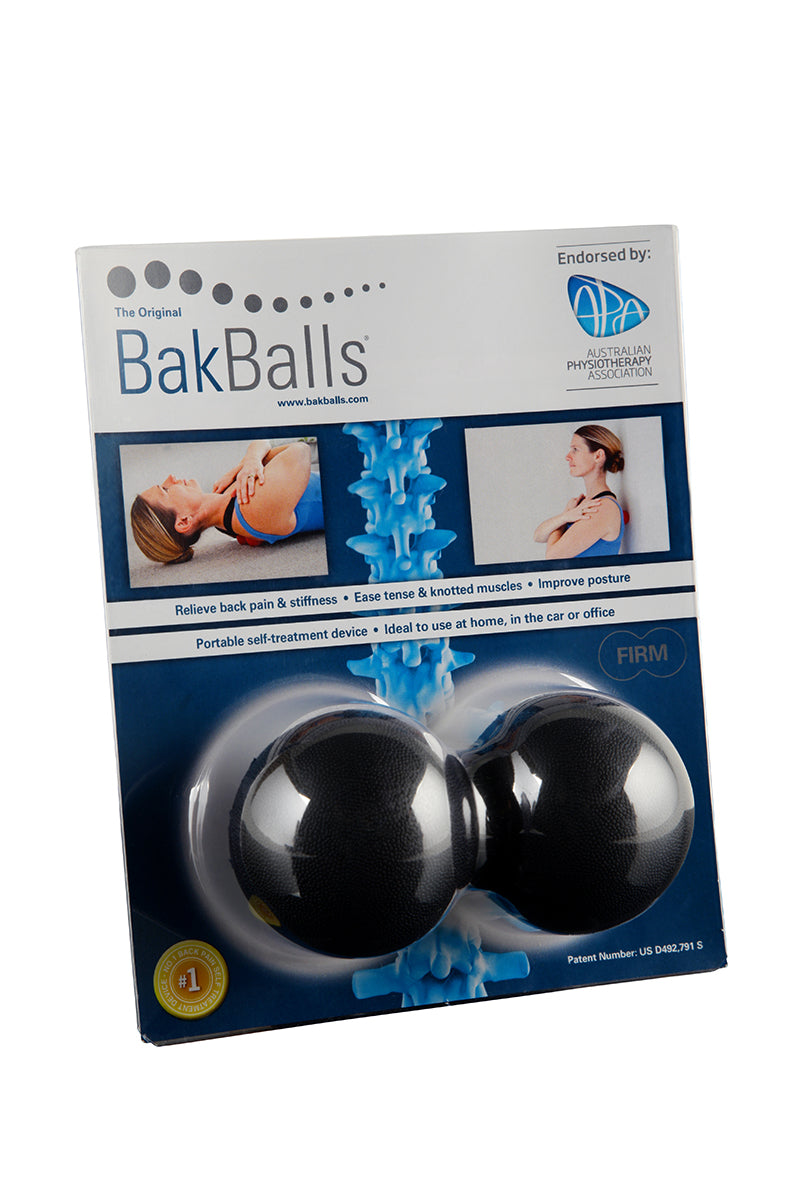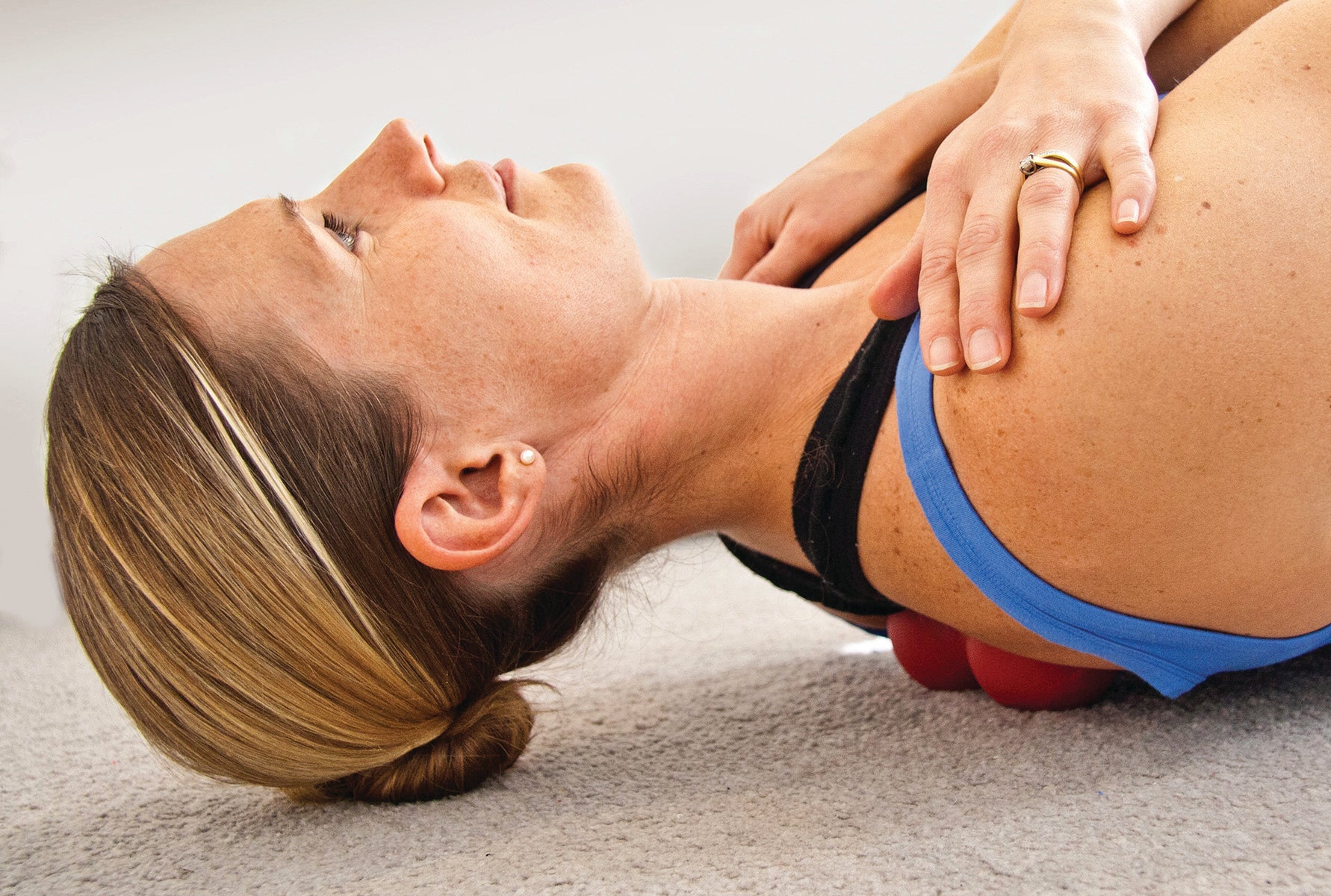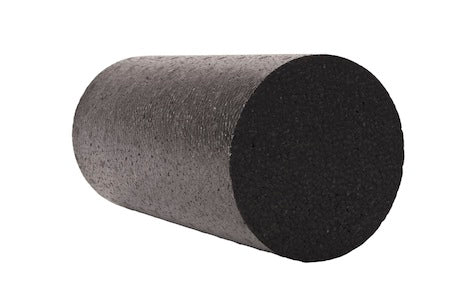
Ask anyone you know. Ask anyone on the street. They will all agree with this statement: “It is important to get a good night’s sleep.” Then, they will probably voluntarily admit that they do not always adhere to that maxim. Immediately after that confession, they will likely come to their sincere announcement that they are going to do something about it post-haste. That is about how that conversation goes every time. So what exactly is the disconnect here? Everybody admits that sleep is of paramount importance and that they aren’t getting enough good sleep and that they are on the verge of correcting it! But they never seem to get around to doing that. Well, let’s get around to it right this very moment!
RECENT: The Mind-Muscle Link: Learn Muscle Attachments
The absolutely insane thing is that science is WAAAAY behind the curve when it comes to sleep. I did a little research about 20 or so years ago and had a tough time finding books to read. I read about 11 of them and considered myself a bona fide expert about the matter! Why? Because every book emphasized how little we know about it! I read a handful of books and knew about as much as anybody else was claiming to know... which was way too little! The Internet is here now, and there are new ways to watch what is going on inside the brain without cutting a hole in the skull and poking some wires around and asking people what they were thinking. Sleep research has come a long way fast! But it still remains far behind other things we understand. For example, if you ask scientists why we sleep at all, you will get several answers but no clear, solid consensus. That’s weird. Just weird.

Peter Lamb © 123rf.com
We agree that sleep is necessary (not because of science, but because of counter- interrogation and the horrible things that happen to a mind when you deprive it of sleep), but we don’t know why it is needed. Hell, we didn’t even know about REM sleep until the middle of the last century when a grad student accidentally left an EEG machine running and caught it on the graph. Humans have been sleeping right next to each other from the very start, and nobody noticed! Think about how important sleep must be to us to have survived all this evolution and still be around. Let me remind you that our tail did not survive coming down out of the trees and standing up on two legs! All you and I have to remember it by is a tiny bit of fused vertebral bone all shriveled up and useless known as the coccyx or tailbone at the bottom of our sacrum. But we still sleep! We don’t need a tail, and it went away. But if we still sleep, we must still need it. Think how unlikely it is. We lie down and lose consciousness when most large predators go hunting. We close our eyes and stay at one place for many hours with our guard totally down. That doesn’t sound too wise when it comes to survival. It is a huge risk. Why do we do it? I don’t know, but it must be awfully important to roll the dice like that every single night, wouldn’t you say? But there are some good theories being floated now that make sense. If your interest is piqued, look them up. This article will not try to explain the purpose and function of sleep, only to engage in trying to improve it. We will take its importance as an accepted premise. You need it, and that’s a fact. What you really should spend time looking into is the field of what has become known as sleep hygiene. It simply asks what constitutes good, restful sleep and how can we take actions to get it. Experts argue about this as well, but you can at least find some consensus and a sort-of best practices guideline. I will attempt to simplify things here and throw just a few of my own personal favorite ideas. This list is by no means exhaustive or even remedial. It is introductory and can serve as a jumping-off point for your own exploration.RELATED: If You Snooze, You'll Lose Fat and Boost Your Productivity
The subject of sleep is one of those deeply personal matters. It is more of a quest than a journey even. Ultimately, it is all on you, like most things in life. But in this one, like few others, you are totally alone. Literally. Your mind; your sleep. And if you do enough things right, no one can interrupt or intrude. The first but sneakily important part is light. You probably guessed that it should be dark. But how dark? Well, pitch black. I learned a clever trick from some veteran bouncers when I started out. It was tough to get to sleep coming right home from the clubs even if we got out right at 3:30 a.m. Often we would eat our dinner, and then we had to unwind and decompress a little before we could drift off.

This is not pitch black, Mr. | Tero Vesalainen © 123rf.com
This meant in ordinary practice that we would not be settling in until after the sun was up. The sunshine is your body’s natural cue to arouse itself. So they taught me to put aluminum foil over my bedroom windows to completely block the light out and simulate nighttime. This was a complete blackout. No moonlight or ambient light from the city. Nothing. Pitch black. And it was astoundingly helpful! One could truly fool oneself into thinking it was still night. It’s an easy ruse, especially when you want it. I get up at times to go to the bathroom. I unwittingly opted for a night-light to aid my transit to and from sleep. I was calmed by blue shades, so I purchased a nice blue-tinted wall socket job. It served the purpose of illuminating my path, but I was doing more harm than I bargained for. It turns out that the shorter wavelengths of light, like blue, approximate the wavelengths in natural sunlight. Which, as I have stated, is the body’s cue to arouse itself for the day. Blue and white lights are the worst lights you can allow to hit your eye during the night. The pineal gland has something to do with the rest/wake system, and when your eye senses blue light it causes arousal there. I’m uncertain how; I just know that it is involved. If you absolutely can’t memorize the layout of your own home (in much the same way a blind person does) then opt for a red or orange night-light. They use them in tactical situations in the police and military. You can see well enough by them and they don’t give away your position. For the purposes of getting to the restroom and back to sleep though, they are of a much longer wavelength and don’t signal the wakefulness that blue light does. Go for red. This dovetails nicely into a related point of consensus among those who know, with no exception, to keep electronics completely out of the bedroom. No television, smartphone, radio, etc. They produce blue light, and even if you buy red gels to filter them, they are still a massive intrusion and potential interrupter of the sleep habitat. No exceptions. Buy an analog wind-up alarm clock that has no light. If you are a fan, buy a Mickey Mouse one; I had one of those once. The phone and television are obvious. Don’t answer the phone no matter what. Create a strategy to deal with emergencies. Emergencies are few and far between. If your daughter is out on a late date, you can make an exception I suppose — or not. You could just trust her and let 911 deal with anything she can’t. That’s your call, but if you think that the emergency excuse flies with me, you are mistaken. Sorry. You can have a dedicated landline in another room that actually sets off an alarm. You have to get up anyway if it really is an emergency. Why not jolt yourself awake, then?READ MORE: You Can Learn Anything
While we are on the subject, let’s clear this up forever...you are not to watch TV in bed. And you are not going to get anywhere telling me that you CAN’T fall asleep without it on. The science is clear about it. You can and will get deeper sleep without it. Just because you have trained yourself in some idiotic way is not my fault. Un-train yourself in a less stupid way.

No way. | rawpixel © 123rf.com
I know some of you are convinced that you must have it. Well, you don’t. You are simply dead wrong and on top of being in error about reality, you are shooting yourself in the foot. I know, I know, you think YOU are some special case, and science in this particular case does not apply to you. Again, and deleterious to you, dead wrong. I’m not going to argue this because science can do all my arguing for me on this issue. You can and should learn quickly how to fall asleep without the TV on. You are only holding yourself back until you get it right. You are not relaxing either by vegging out in front of the boob tube. Science again busts that myth. Your brain is far from relaxed watching TV because you are, in fact, the direct opposite of relaxed... you are stimulated. I know, yes, yes, not YOU, though! You think you escape the stifling chains of science and roam free in the world of your own fantasy reality. Yeah... no. Science is not an opinion. They studied brain scans and found this out. Interestingly, even when shown their own brain evidence, people were disbelieving. People still said they were relaxed by it. So much for open-mindedness! I’m not saying you can’t waste as much time as you want to on television. You can. Just don’t say it relaxes you, and for Christ’s sake, don’t do it in bed! Related to this (as everything regarding sleep hygiene is) is the bedroom itself. What’s in that room? Well, sleep specialists say there should be your bed. That’s the whole list. A bed. Nothing more. No nightstand, dressers, mirrors, appliances, all of your shitty stuff that you bought and don’t need but don’t have any room for. What about decorations on the wall? No. That’s something, isn’t it? They say nothing. Surely a nice landscape painting can’t hurt? No. Nothing. Anything that is not nothing is by definition is... something. You want the mind to settle and shut down. It may be comforting to sleep next to a picture of your family or a loved one. I can see that. But that does not shut your mind down, now, does it? It makes you think about how much you love your dog or gerbil or grandkid, doesn’t it? That’s stimulation, not sedation. Pictures and anything else will trigger memories, feelings, thoughts, and possibly even worries! That photo of you on the beach at sunset on a tropical island is a great memory. But there you have it. You want to keep thinking about the good old days and the good times when you were still happily married! You dwell. That’s why you hung them there in the first place: to remind you. If you didn’t want to think about them, they would be buried in some scrapbook somewhere or in the landfill by now. The point is you desperately want to sleep right now. So stop making it harder. Get everything you possibly can out of that room.
vvvisual © 123rf.com
WATCH: I am Vincent Dizenzo
The concept is simple enough to understand. You want to cordon off the bedroom for sleep and sleep alone. You create a dedicated space for one thing and one thing only: sleeping. Don’t read in bed or eat in bed or pet your dog or cat. Don’t watch TV. Don’t even get romantic in the bed and the room you are going to sleep in! Do all of those things somewhere else besides the bedroom. You don’t have to whine. You can have sex anywhere in the house or even outdoors. Some people swear by the novelty! Keep your pets out of there and keep everyone else out of there. The studies are, again, absolutely conclusive. You sleep better alone. People, again, contend the evidence of their own data, but both partners fall asleep easier and faster (although they reported not being able to fall asleep) and sleep deeper with more total minutes of REM sleep (although they reported tossing and turning all night). They changed positions less, had fewer bathroom visits, and in general, slept much better alone. This is not what they claim upon awakening and being interviewed. It seems that there are deep psychological attachments to sleeping in the same bed with a mate. When confronted with the results of the alone versus together sleep studies, partners insisted they were not as well rested when they slept alone as when they were together. As sweet and romantic as the idea seems, it’s not going to help you break world records nor make you be the best you can be. To increase your chances for excellence, sleep alone. There are compromises that can work if you can’t bear the separation anxiety. Having separate beds in the room is an option. You can snuggle up in one of them together at bedtime and then break apart for the night as well as hop in together in the morning just prior to getting up in earnest for the day. You can have an adjoining space or hallway that is open without a door to engender closeness. You can be creative. You can make it work even if it isn’t exactly optimal as far as the experts go. The worse your sleep habits are, the more you might want to consider following the advice verbatim. If you sleep pretty well now, maybe a compromise or two would be OK. That goes for everything in this article. It’s all well-studied advice. But you decide what you can live with in the end. The concept of a room where nothing happens but shutting down and sleeping is powerful. The mind automatically begins to close up shop after a short training period. There’s nothing else to do. There’s nothing to look at, to fiddle around with, or to distract from the task at hand: falling asleep. It becomes a routine and a habit, and when you walk in there it starts to happen on its own. It’s Pavlovian. It is a conditioned response. Noise reduction is very important. Consider this. You can close your eyes, but you can’t close your ears! They hear stuff all night long. They never stop listening. The best you can do is to limit the sounds they can hear. One word: soundproofing. It is absolutely astounding how much of a difference this makes.
LISTEN: Table Talk Podcast Clip — JM Blakley and Dave Tate Discuss Meditation for Athletes
Read about how people who have home theaters keep the sound in one room. It works both ways. Keeping the rest of the house tranquil while the teenagers are watching an insane action flick at max volume with THX and the best speakers you can afford is no mean feat.

lermont51 © 123rf.com
But the reverse is also true. Get in that movie room when the video is off, and it is like a tomb. The outside sound can’t get in! That’s the ticket to peace and tranquility! You can do this cheaply and you can do this expensively, but anything helps. Just nailing blankets to your walls will shock you. You can baffle, use music soundboards, heavy drapes, and even build a false wall trapping air and stopping vibration. Filling in windows with solid material is key. It is up to you how far you go. If you have wood floors, lay a big rug down or spring for carpeting. What about the ceiling? Same treatment! You can look up great and creative things online. But do some soundproofing. Actually, do as much as you can afford. If you can’t afford the professional stuff, make due. I did. Over the years, my setup has gotten better and better. I have a mixture of professional recording studio stuff and plain old velvet drapes. It’s quiet, by God! An added benefit is that many soundproofing strategies will tend to thermally insulate the room too. This is another plus because the experts advise a very cool sleeping environment. Keep it ridiculously cold in there (you wouldn’t want to have sex in there, anyway!). It sets off a false hibernation effect, I think. OK, I made that up, but they are adamant about keeping the temperature down. Remember a time that you were too hot to sleep. How miserable was that? Can you remember a time you were too cold? Not as likely. Perhaps, but you get my point. If your family or roommates can’t tolerate the whole house being an icebox year round, or you simply can’t afford the expense, just buy a single room air conditioner. Keep only the small space you sleep in that cold. I admit it seems odd to come in during the summer and put on thick PJs to go to bed. But you can always adjust the temp until you get it right. But you sort of want it colder than comfy. You want the body to lie still and quiet and conserve energy and heat. I even took to sleeping outdoors on my patio with a mountain thermal blanket during the winter. I still do it on a whim from time to time. It surprised me how well I slept in the cold. I’ll give you one more that you would probably never think of: odor. Not just any and not aromatherapy, per se. But lavender is pretty calming. What I’m talking about here is the role of smell on our memory. Believe it or not, smell is the most powerful trigger of memory. More than vision by a landslide. So if you can create a memory of sleepiness by setting off the same exact odor every time you sleep, when you walk in the room, you will start yawning. It’s another conditioned response.DON'T SNOOZE ON THIS ONE: 8 Levels of Delegation for Successful Management
You smell that particular scent, and you automatically get sleepy. It works, and it’s the easiest thing I’ve mentioned. Do it. Choose a scent and stick with it after a trial period of aromas. Be careful, though. Don’t choose a smell you are likely to come across during your workday, or you’ll regret it. You will show up bright-eyed and bushy-tailed for work and get a whiff of your sleep cue aroma and get an immediate case of the three-in-the-afternoon drag. My God, there is a lot I’ve left out. But you have Internet access, right? Explore the sleep hygiene literature for yourself. Do as much or as little as you like. Remember how you agreed with me about how important sleep is? Don’t be the guy who tells me all about how he’s going to get his sleep right and does jack about it. Some of these things aren’t so easy, but some are. At the very least, don’t read this and ignore the whole thing... You will hurt my feelings! And worse yet, you’ll never reach your full potential. It’s on you now. Sweet dreams!
Header image courtesy of OLEKSANDR YEROMIN © 123rf.com







